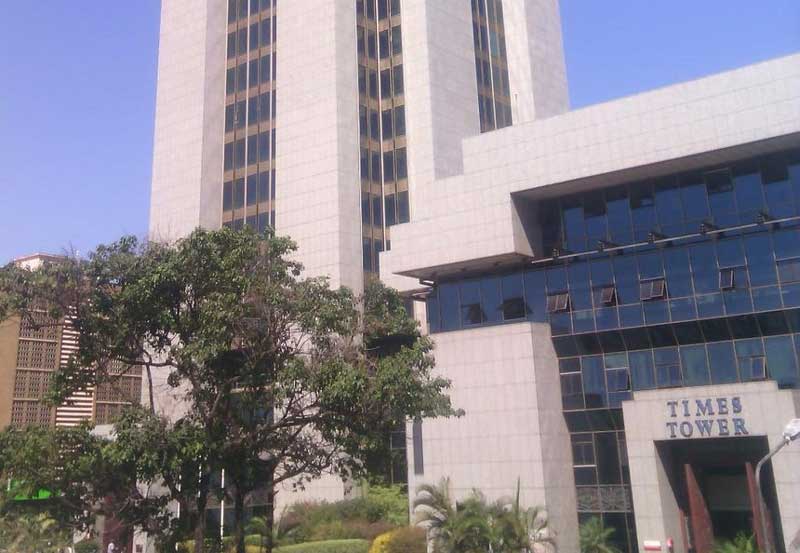×
The Standard e-Paper
Smart Minds Choose Us

A decision to go back to the Eurobond market in just six months has come back to haunt Kenyan taxpayers as debt repayments jumped 34 per cent.
Almost half of all the revenues the Kenya Revenue Authority (KRA) collects will go towards paying debt as the December 2014 Sh75 billion tap sale and two syndicated loans mature.







